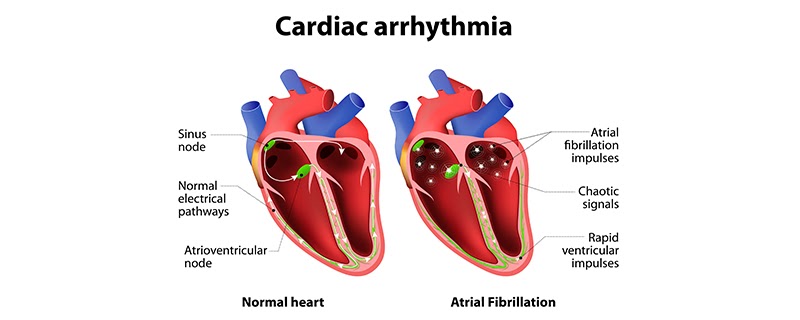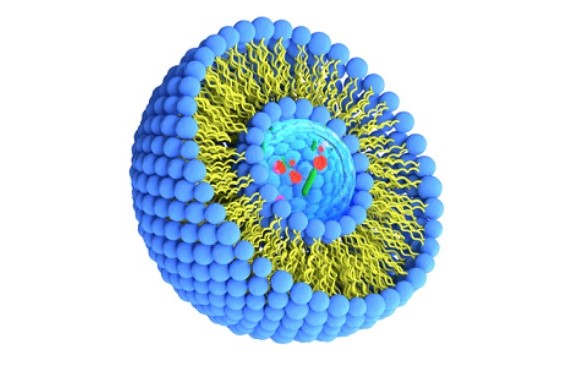If you think that you might have an arrhythmia, you should seek medical attention immediately. Symptoms of the condition can be frightening, so you should do whatever you can to minimize your risk. This article will discuss the symptoms of arrhythmia and how to treat them. If you notice any of these signs or symptoms, contact your doctor. Depending on the severity and symptoms of arrhythmia, your doctor may recommend certain treatments, such as an EKG or a holter monitor.
If you're suffering from arrhythmia, it is important to know your symptoms and understand why they occur. If you've had a previous episode, talk to your doctor about your symptoms. Many times, an arrhythmia can be caused by a common problem such as high blood pressure, smoking, or caffeine. Sometimes, you might also have an irregular heart rhythm if you've recently gotten pregnant or have a heart condition like myocardial ischemia. A doctor can help you find out which medications are causing your irregular heartbeat, and prescribe alternative treatments for your specific case.
Some people experience a single episode of arrhythmia, while others experience several. Some are life-threatening, such as tachycardia, which can lead to sudden death. Other cases may involve irregular heart rhythms caused by a number of different conditions, including aging, alcohol abuse, and electrolyte imbalances. Even medicines and supplements can cause an arrhythmia, so it's important to seek medical attention if you suspect that you have this condition.
Surgery is a last resort if you've tried all other treatments. In this case, you'll undergo a surgical procedure. The surgeon will remove the tissue that is causing the arrhythmia. Most arrhythmias are harmless and pose no health threat, but some can be serious, so you'll need to have a proper diagnosis. You can also find out if surgery is the right course of action.
Although some arrhythmias cause no symptoms, many can lead to life-threatening complications. If left untreated, it can lead to decreased blood flow to the brain, which can affect a person's ability to function normally. Likewise, repeated arrhythmias can lead to heart failure. If you experience any of these symptoms, you should contact your doctor immediately. A professional will be able to determine the causes of the arrhythmia and treat them accordingly.
Some types of arrhythmias do not cause symptoms. Some of them can lead to adverse consequences, others do not. Symptoms of arrhythmia are often unrecognized, so it is vital to seek medical help to prevent any further harm. There are many treatments for arrhythmia. A medical evaluation will be able to determine whether surgery is the right choice for you.

Symptoms of arrhythmia may include an irregular heartbeat. It may start without obvious symptoms, but over time these symptoms may become worse. It is important to write down any symptoms as they will help your doctor diagnose the condition. Ultimately, this condition can lead to life-threatening complications including heart failure, stroke, and sudden cardiac arrest. If left untreated, arrhythmia can lead to serious, even life-threatening complications.
When an arrhythmia occurs, the heart's electrical system malfunctions, causing the heart rate to change. Abnormal electrical activity may last only a few seconds or be much longer. However, to make a correct diagnosis, it is important to see a doctor. Fortunately, most arrhythmias are not life-threatening, but it is important to see a doctor and visit a health website handaldok as soon as you notice an abnormal heartbeat.
While some arrhythmias are harmless, others can lead to dangerous conditions, such as torsade de pointes, a life-threatening type of ventricular tachycardia. In addition to tachycardia, arrhythmia can also be asymptomatic. In any case, you should consult a doctor as soon as possible to determine the cause of the arrhythmia.
Your doctor can diagnose an arrhythmia by checking your heart rhythm. At rest, the heart usually beats sixty to one hundred times per minute. This rhythm is known as sinus rhythm. However, during exercise your heart rate may be higher than normal. Your peak heart rate is appropriate for your age, so if your heart is beating at the wrong rate, your doctor will suggest treatment. Your heart needs to be closely monitored to prevent serious complications.
